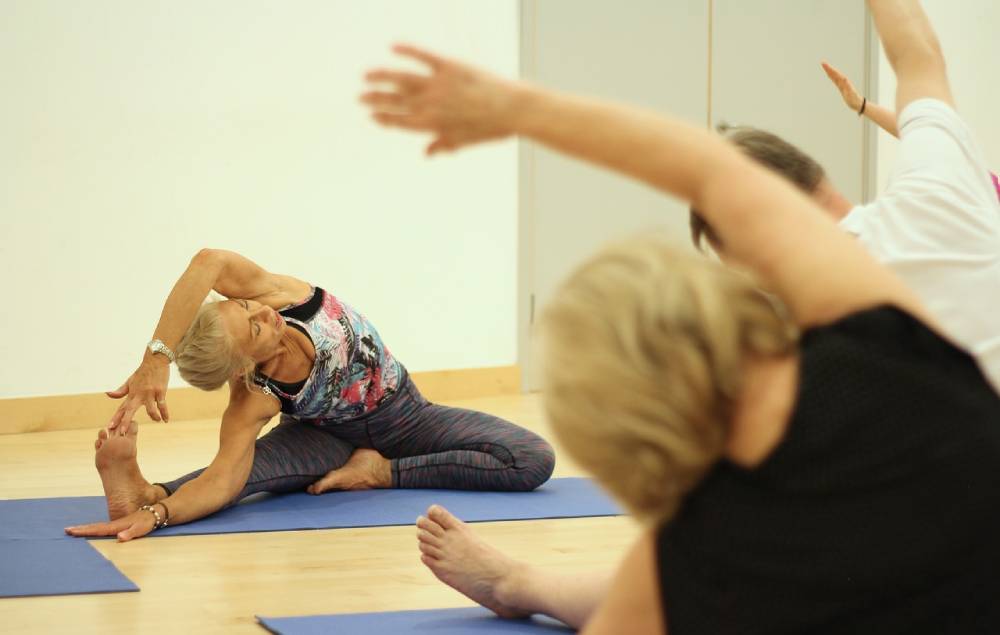Cancer Survivors Still Dealing with Chemo Brain Years After Treatment May Benefit From Yoga
Michelle Milliken
Cognitive issues are among the frustrating side effects of cancer treatment. It’s common for survivors to have trouble concentrating, remembering things, and shaking mental fuzziness. This is often known as “chemo brain.” Physical activity has been found to help ease these issues a bit, and a new study investigated whether yoga – with its physical and brain activity -- could be among those helpful exercises.
Research recently published in Frontiers in Cognition examined the cognitive benefits of yoga, aerobic exercise, and stretching and toning classes among 78 cancer survivors. The group was randomly assigned to one of the three regiments, which lasted for at least 150 minutes a week for 12 weeks.
Baseline and post-study cognitive tests showed that while all were beneficial, yoga participants had the most improvements in self-reported cognitive tasks like remembering things and concentration. Overall, 81% of the yoga group reported these improvements, compared with 62% in the aerobics group and 48% in the stretching and toning class cohort.
The participants were an average of eight years post-diagnosis and had dealt with a variety of cancers, from breast and ovarian to prostate and colorectal. They’d also had differing treatments. The team says the findings in this group suggest yoga may be another way for cancer survivors to try to regain their mental clarity.
There wasn’t any clear evidence on why yoga seems to be a bit more helpful than other types of exercise, but the researchers think it may have to do with the combination of physical activity and the focus involved in relaxing one’s brain and keeping track of poses.
Neha Gothe, lead researcher and associate professor at Northeastern University, explains, “We speculate that it is that stress and emotional regulation piece that is really playing a role here.”
She adds, “There is an overlap with regions of the brain associated with chemo brain and the regions that are associated with yoga practice.
“The regions of the brain that are involved with regular yoga practice, or that show improvement because of regular yoga practice, are regions of the brain that are involved with emotional regulation such as the amygdala, which is the emotional center of the brain, and the insula, which a very central part of the brain connected with stress and emotional regulation.”
In addition to the self-reported improvements, subjective cognitive tests also showed the most substantial cognitive improvements in the yoga group. This provides some hope for a condition that can persist years after treatment.
The study was limited in its demographics, though, as most participants were women and it was a small study. Gothe hopes that, going forward, more research can be done into why yoga may be helpful for cancer-related cognitive issues, and, if the findings are replicated, she feels it could be part of cancer care and therapy.
She says, “The fact that we are seeing yoga and exercise have an impact and improve cognitive function for individuals who are eight years out from their diagnosis is a very strong finding.
“It means we can offer exercises, we can prescribe yoga as a form of treatment or therapy for them to really be able to manage their cognitive complaints.”
You can read the whole study here.




